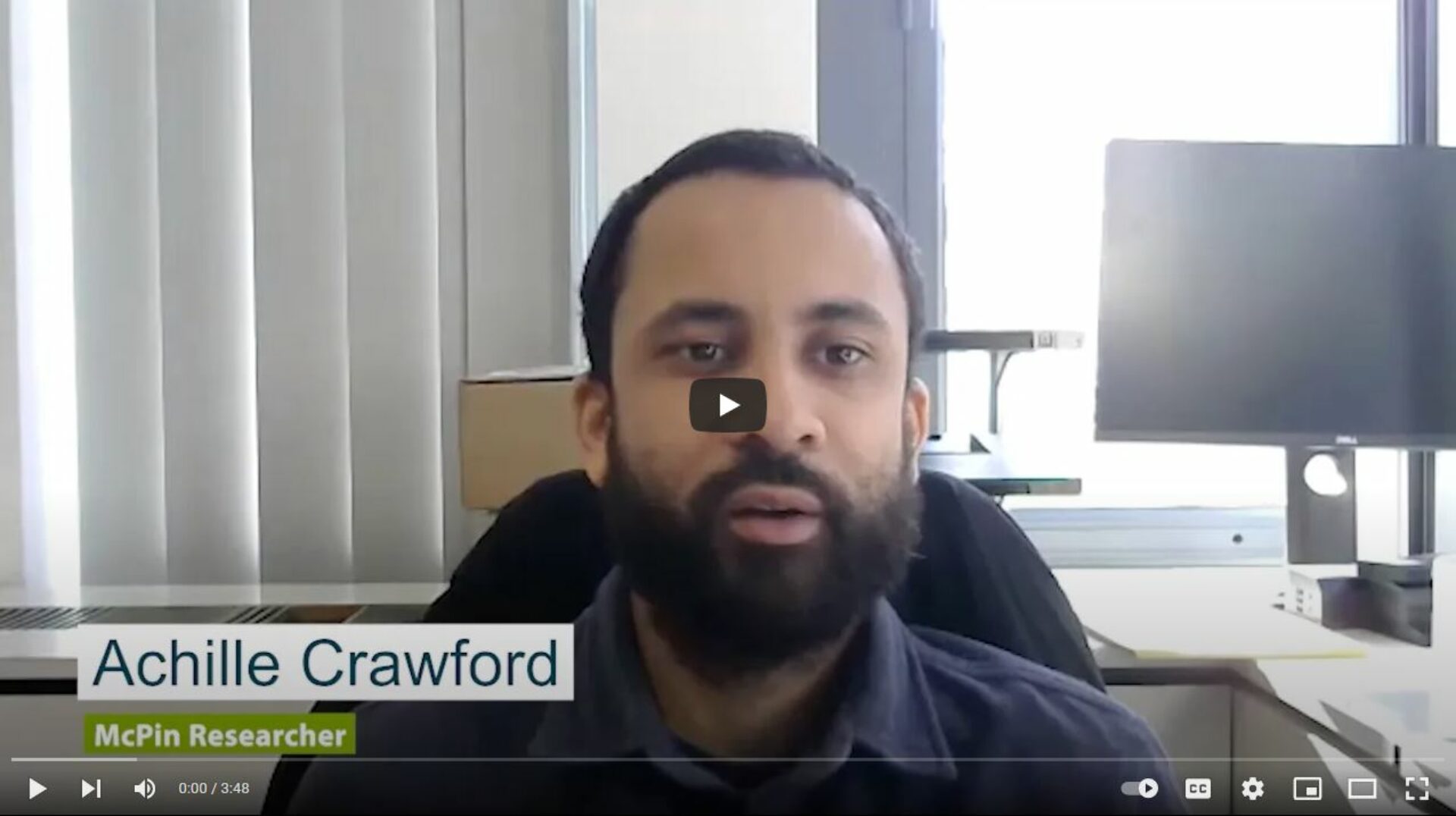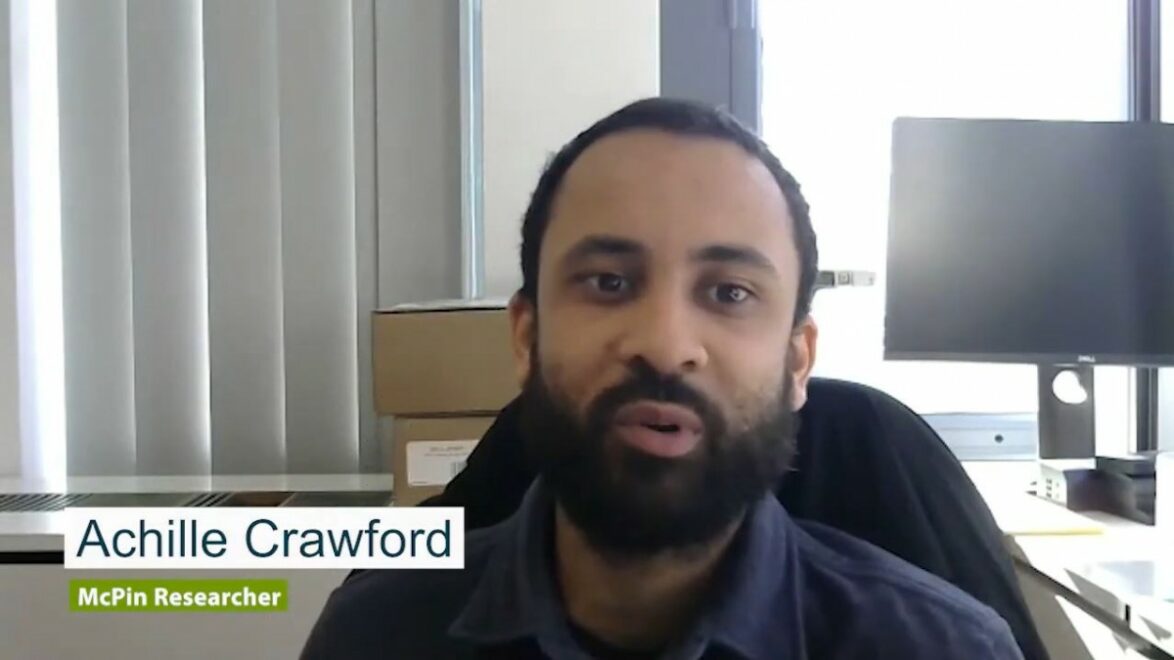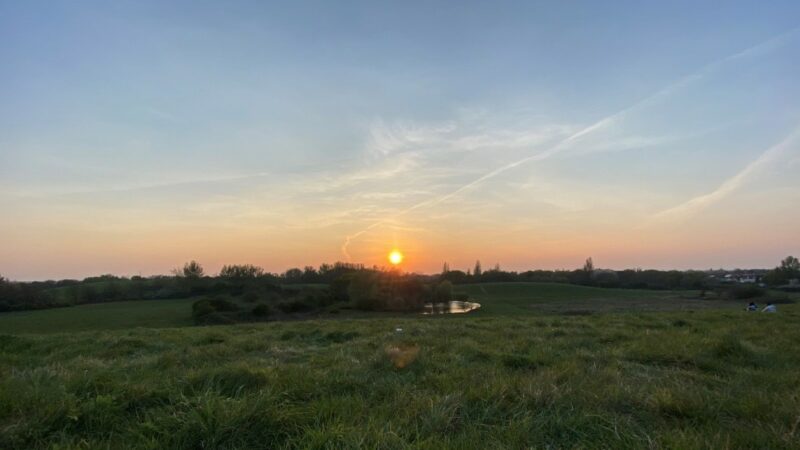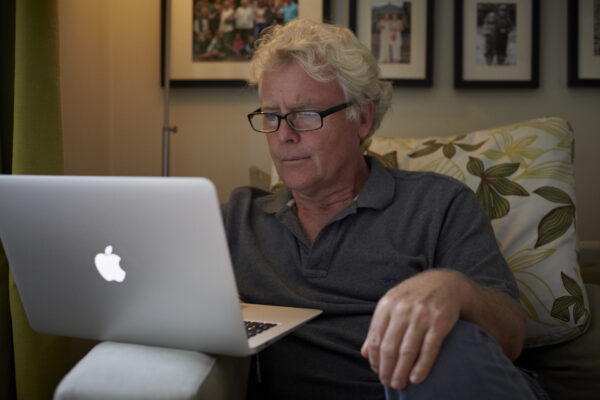In the first blog for our Black Thrive employment project evaluation, a peer researcher shares their experiences on camera.
Achille Crawford
I joined McPin during the summer last year to begin a new start as a Community Peer Researcher on the Black Thrive Employment Project. My role involved working on An Equitable Recovery from Covid-19.
This is a study, focussed on Lambeth, that aims to understand the experiences of Black people during the coronavirus pandemic and what would be needed to support community-wide recovery in its aftermath.
Today, I’m going to tell you about my initial experiences, so that hopefully you can get a better understanding of what we do here at McPin.
Early last year, as we are all now aware, coronavirus changed the course of not only the year itself but also the future to come.
One of the many impacts it has had is on employment. Many businesses have struggled to cope during the pandemic and have had to let go of some staff or stop functioning completely. Other businesses have continued to operate, but in some cases, where people are eager to see sustained results despite this tough economic time, this has put added pressure on remaining staff.
We believed that if we could better understand and assess how the pandemic was affecting individuals, we could work to minimise its negative impacts and discover valuable insights that could be beneficial to the community.
A community-based approach
We used a community peer research approach as part of this study, to help us to gather more relevant and meaningful information. This involved recruiting researchers, like myself, from the community being researched and sourcing research participants organically from our own contacts. Doing this helped us build rapport and trust with those being interviewed.
Once all the interviews were carried out, we analysed people’s responses to identify important themes and how these themes linked together. These included: employment, race, emotional responses, job centre efficiency, inequality, lifestyle change, mental health and wellbeing.
Interestingly, this often generated more questions than answers. However, this is still an achievement, as the purpose of research is not just to find answers, but also to understand where we lack knowledge and can investigate further.
Overall, the project successfully helped us to gain a better understanding of the public’s concerns regarding mental health and employment, and what could be done to improve this.
For example, improving the functionality of the job centre or creating a system with more aftercare once a person with experience of mental health issues begins a job.
We also identified what the community believes are barriers to gaining meaningful employment, such as lack of opportunity, race, economic struggles, relationships, mental health, and how individuals coped with the stress of the drastic change in lifestyle imposed by the pandemic.
Looking forward, we explored what the community might look like after the pandemic and how we can return to not just how it was before, but to a better system with more support and opportunities for meaningful employment.
A great sense of job satisfaction
We have a long way to go before we can see the full impact of the pandemic on our job market, both locally and nationally. However, we hope that our work will be valuable in helping us understand how best to navigate these impacts.
The experience of working on the Black Thrive Employment Project has also been greatly valuable to me personally. It’s the first project that I’ve worked on and everyone at McPin has been extremely welcoming, offering extensive additional training and assistance whenever needed.
I have really enjoyed my experience with the organisation so far, and I feel a great sense of job satisfaction – both from being part of this team and by being able to have a meaningful contribution to research.
Achille Crawford is a Trainee Evaluator at McPin. He worked on An Equitable Recovery from Covid-19 as part of the Black Thrive Employment Project as a Community Peer Researcher.
This is the first of three blogs in a series about the Black Thrive Employment project – you can see the other two below. To read more about this research, please visit the project page here.





